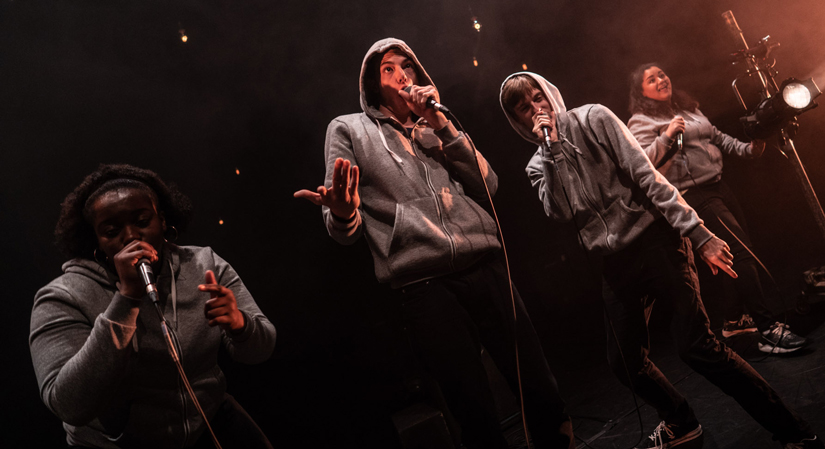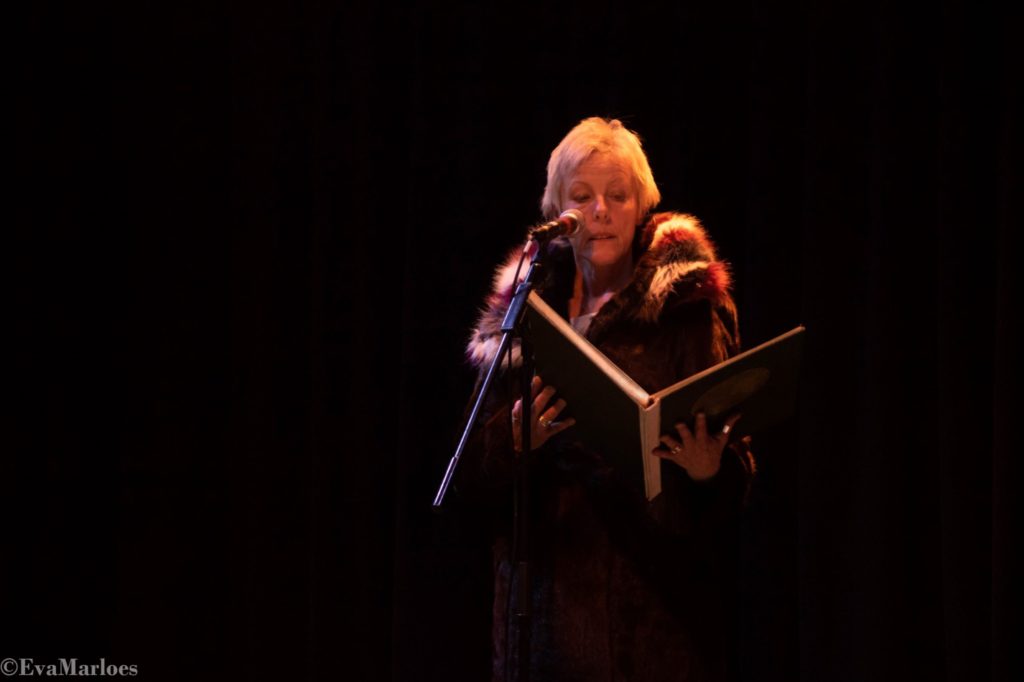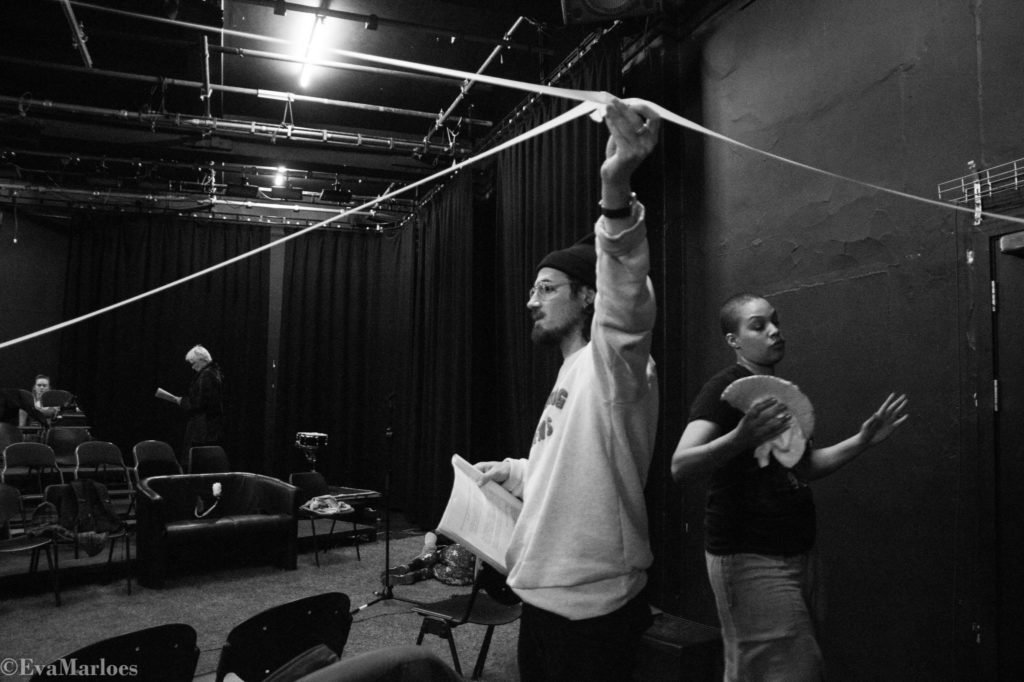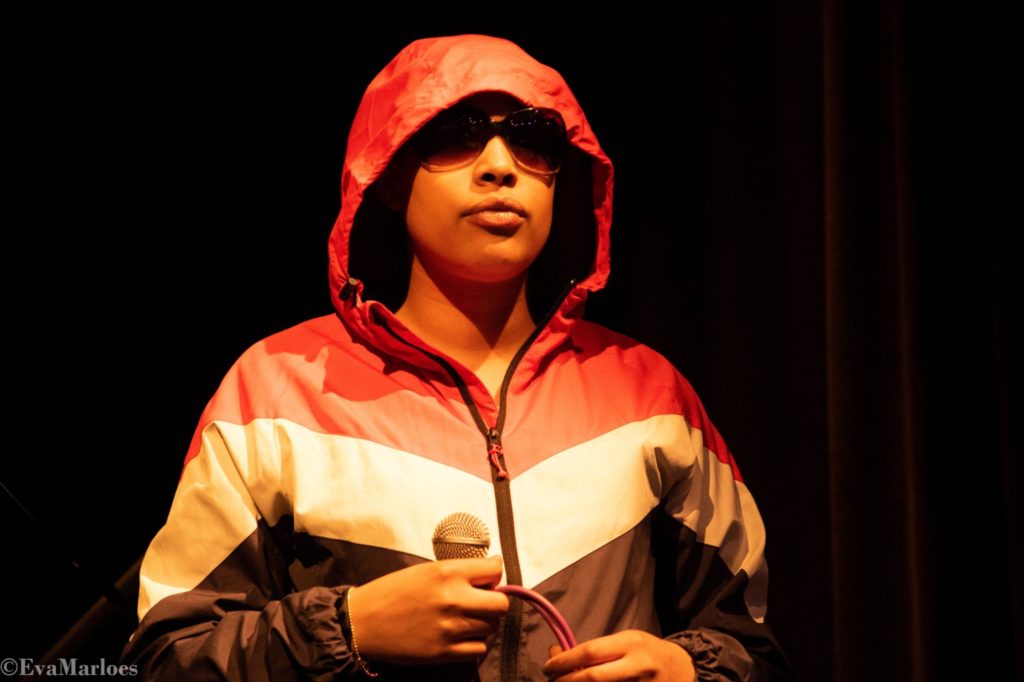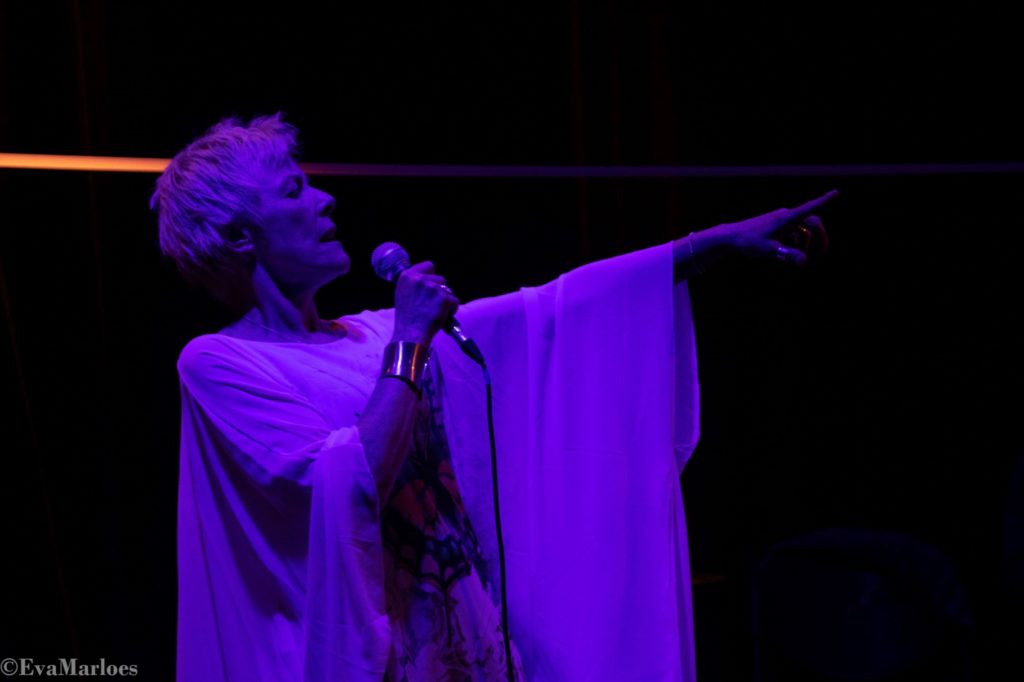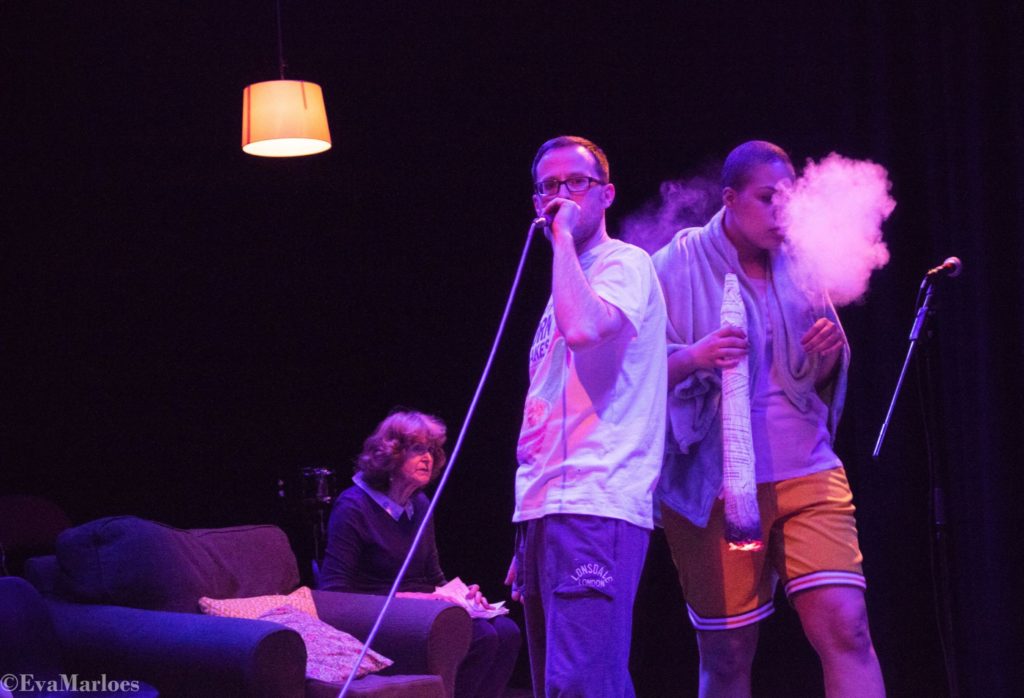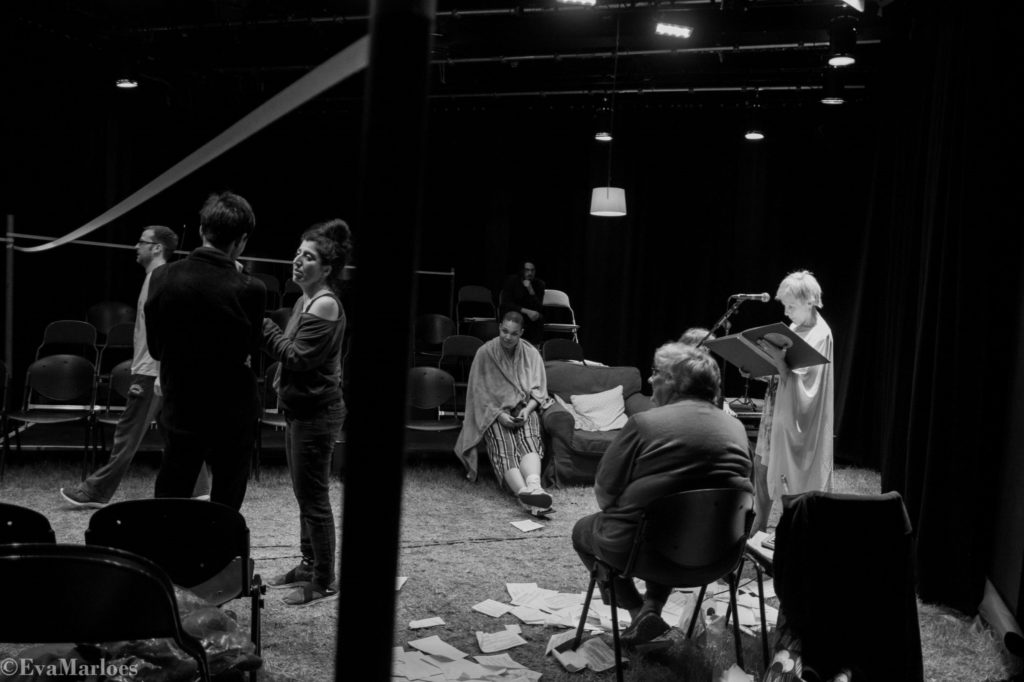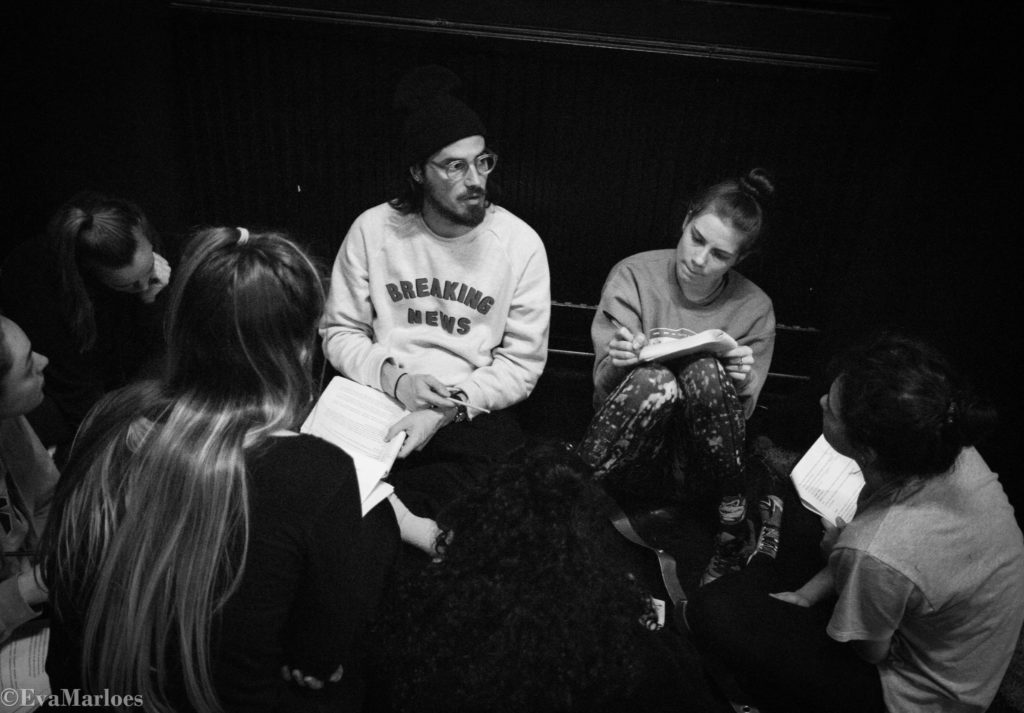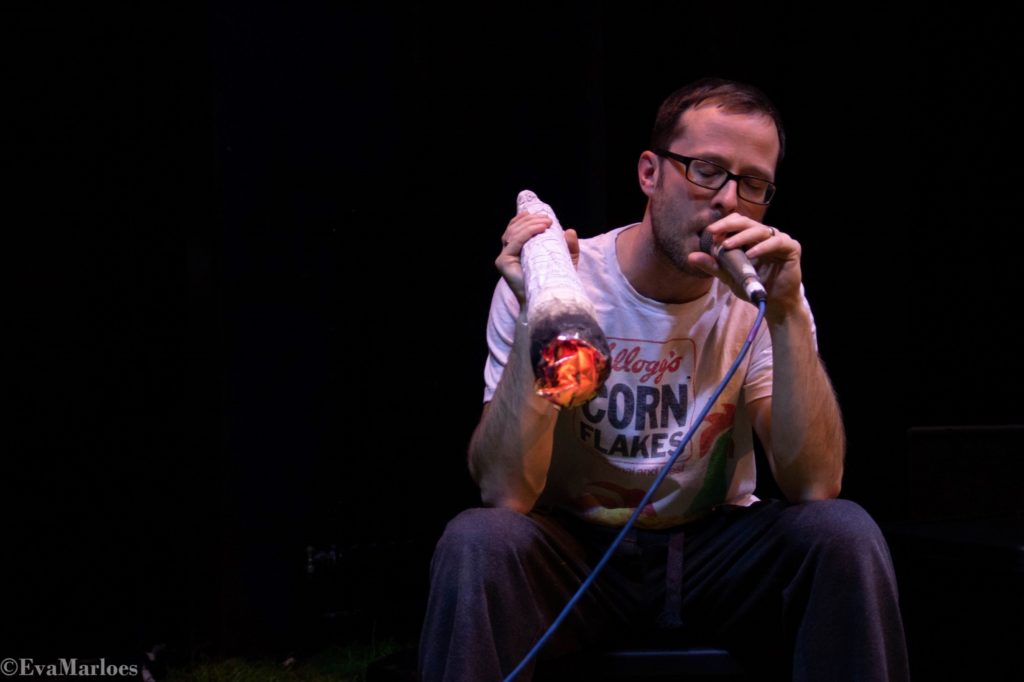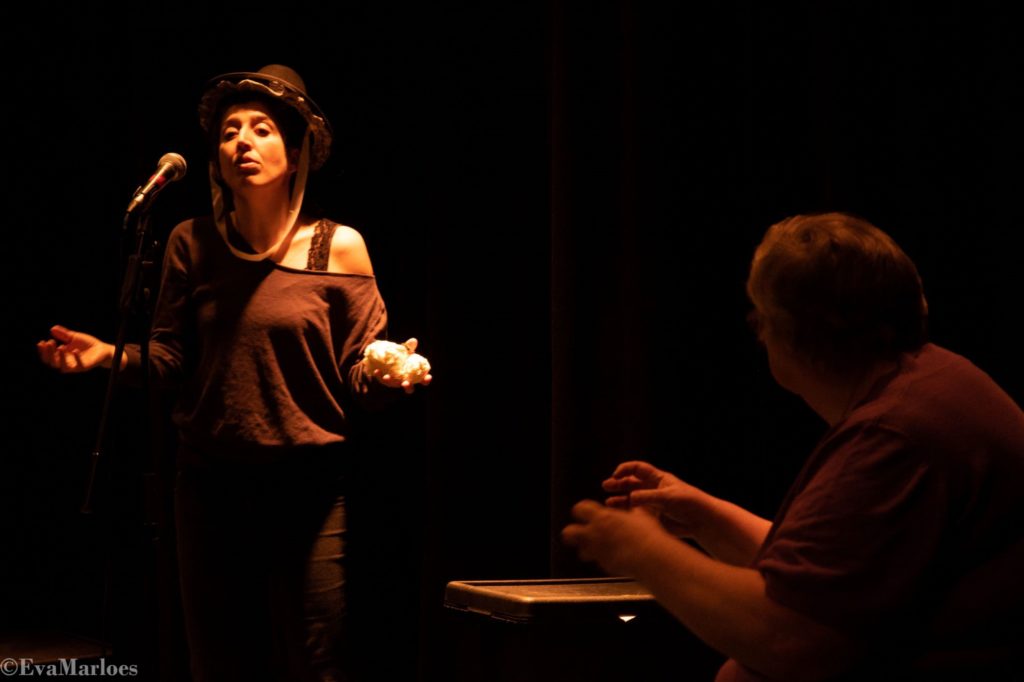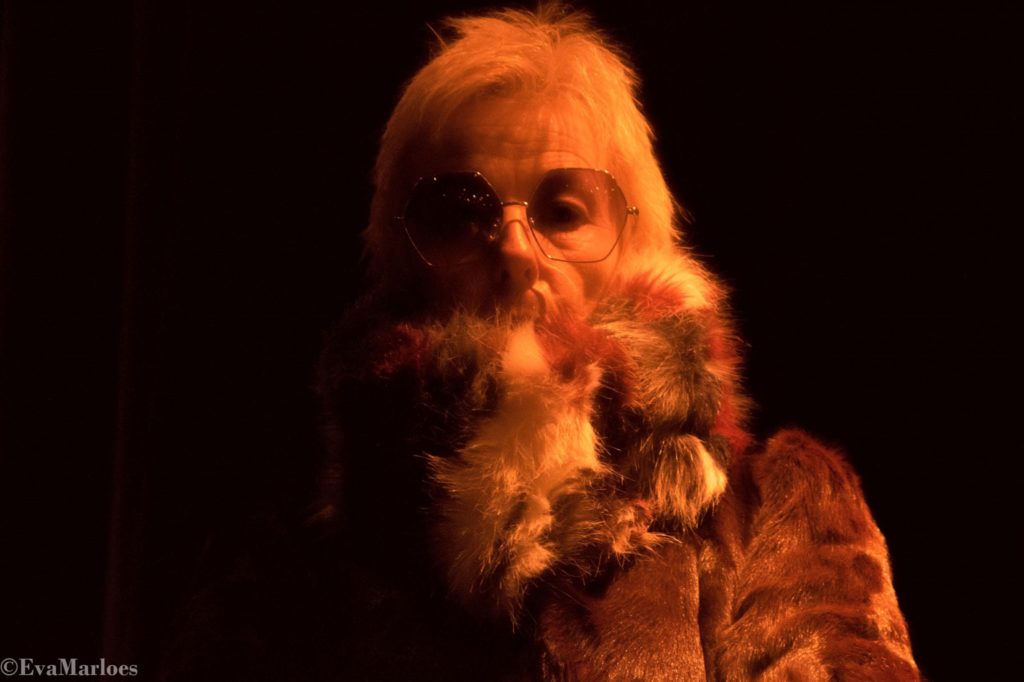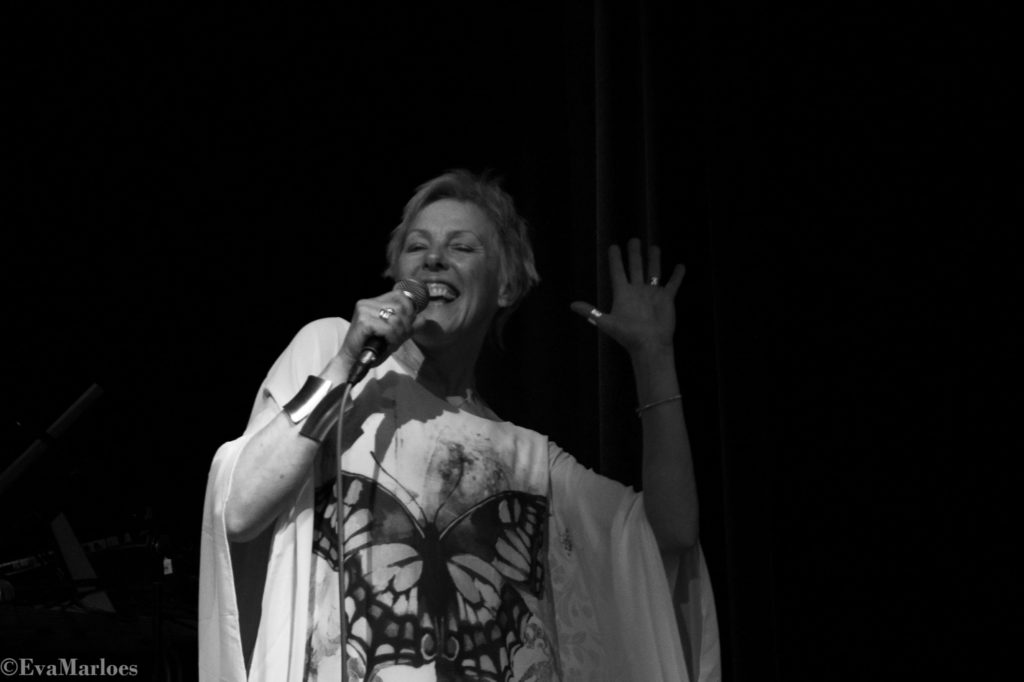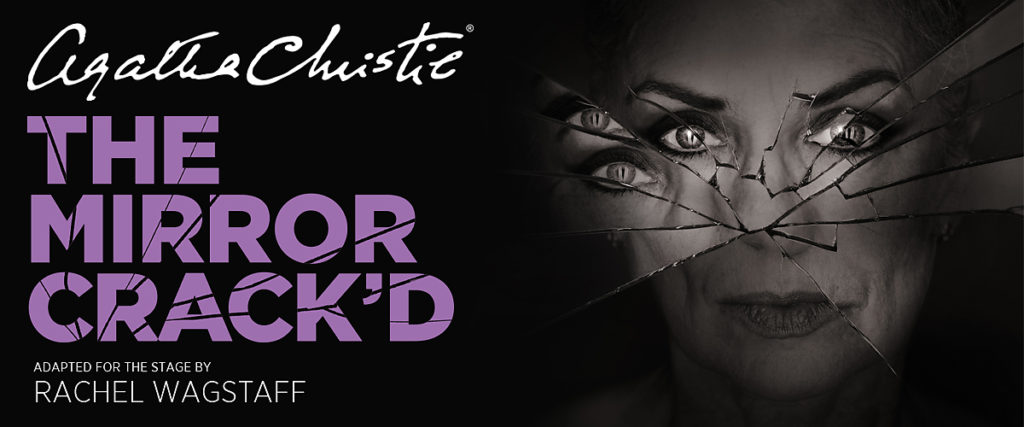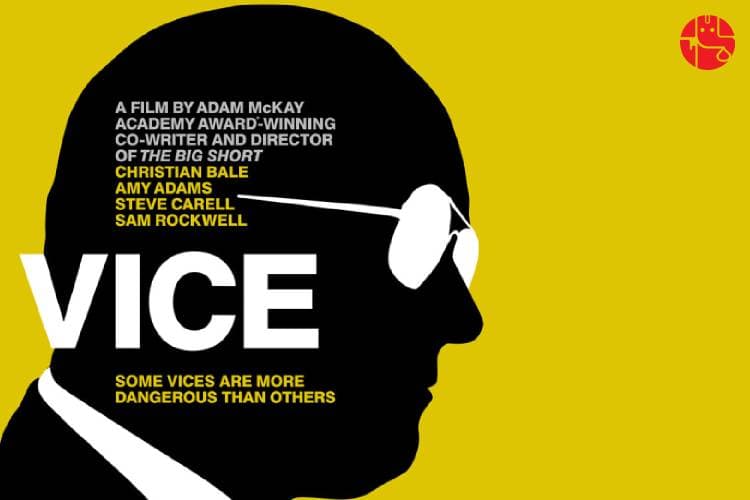

From the opening few minutes, we get a sense of what to expect from the rest of Vice. It opens with news footage of 9/11, the towers have been hit and are going down, then we have people in suits and in offices being guided around. In a safe space with no windows people are on phones and talking to each other trying to get a handle on the situation. One man, who is not the President, picks up the phone and tells the army that they are allowed to shoot down any planes they deem a threat. Then it cuts to black and the text appears, it reads out that this is a movie based on a real person, but also Dick Chaney is one of the most secretive modern politicians ever so there will be times when they embellish then it reads “But we did our fucking best!” So now we know that we are watching a movie based on a real-life man but because of the limited information they decided to absolutely go with their own thing and they apologise for nothing.
When we first
meet Dick Chaney (after the opening scene previously mentioned) he is
driving home on a dirt country road with the sun beginning to rise, or maybe
set? A cop pulls him over and he is clearly very intoxicated and lights
up a cigarette. We then get helpful and playful narration in the form
of Jesse Plemons as Kurt the narrator. Chaney started off as a no good
slacker that worked a blue-collar job, anything he could find, he got
into a good school but was kicked out because he was more interested in
drinking beer than attending class. But his girlfriend Lynne (Amy Adams)
that believes in him and want him to be a man of worth, he says that
he’ll never let her down again.
So years later he
goes back to school, get his diploma and is in Washington, when they
have their induction ceremony a man named Donald Rumsfeld (Steve Carell)
gives a speech about making sure you serve yourself, always align with
whoever the winner is and there’s no one taller than the last man
standing (well essentially this is what he says). Chaney asks what party
he is with and when he learns he’s with the Republican party he says
that his party. So under Rumsfeld’s tutilage Chaney rises through the
ranks and halts any decisions that most Liberals would vote for. Never
the less he gains power and works some of his family and friends into
his circle and every once in a while he gets a heart attack and reacts
to it like he has a bad knee that’s playing up again.
He asks Trumble “What do we believe?” which is met with a hearty and long laugh. What a concept, a politician who is there to serve the interest of the people believing in something, ha! but over the course of the movie it becomes a big recurring theme, there are many other figures that they meet and in order to move forward with their career they will have to put aside whatever their loved ones feel or what would hurt the majority or even long times friends so they can get the next step. It seems that, at least in this world of the movie or certainly these characters we follow, none of these high profile, very powerful politicians believe in anything.
Bale is known as an actor that truly dives deep into his characters to bring them to the screen, many times throughout his career he has drastically dropped or gained weight for a role. Sometimes to his doctor’s great worry. For this role, he almost definitely put on quite a bit of weight but also has great make-up team manipulating him to resemble the actual politician. He also adds the nice touches of having his characteristic left eye squint, raise of the right side of his mouth and shake of the head. He also has a great handle on the man’s voice, being able to manipulate it for whatever he needs for a scene, whether it be intimidating, slightly tender, menacing or relaxed. It is truly realised but also stylised performance.
Writer-director Adam McKay is not the person you would expect to handle this kind of material. He made his career on goof-ball comedies, probably most notably Anchorman. But he broke that chain with The Big Short and now seems to have a talent for penning dramatic material. Though to be sure there are laughs to be had to hear too. It is probably his experience with comedy that makes this movie so unique, A writer or director that specializes in this material would go for a flatter colour pallet, documentary feels and more reality-based dialog. McKay allows himself to be stylized and have a little more fun, taking the real people and styilizing them into charactures.
Vice tells a serious story in a funny way that is probably more memorable than any other more accurate obsessed bio that we could name about politicians. It seriously casts comedic actors for serious roles and serious actors to deliver absurd lines. It wants to do so much that you can eventually catch on that your being played with and we should probably double check all the “facts” presented in this movie. But it has such undeniable panache and enthusiasm you can’t help but be charmed.

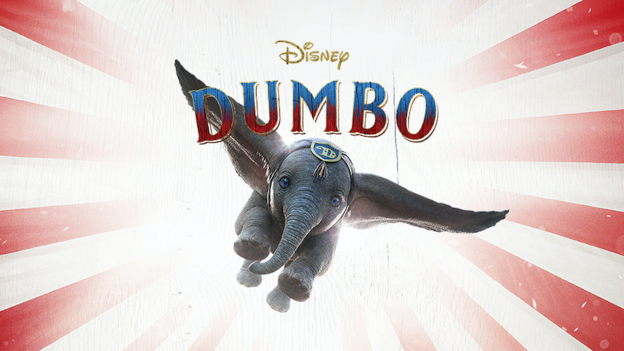
 (3 / 5)
(3 / 5)
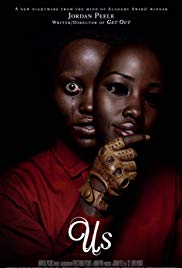
 (4 / 5)
(4 / 5)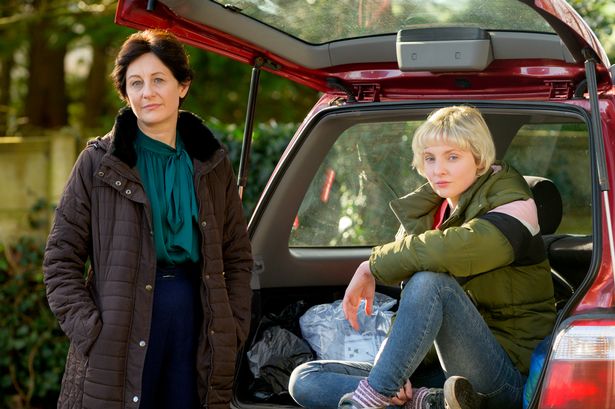
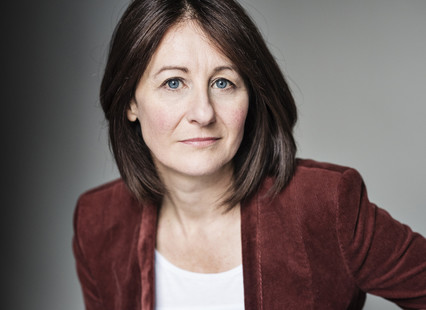


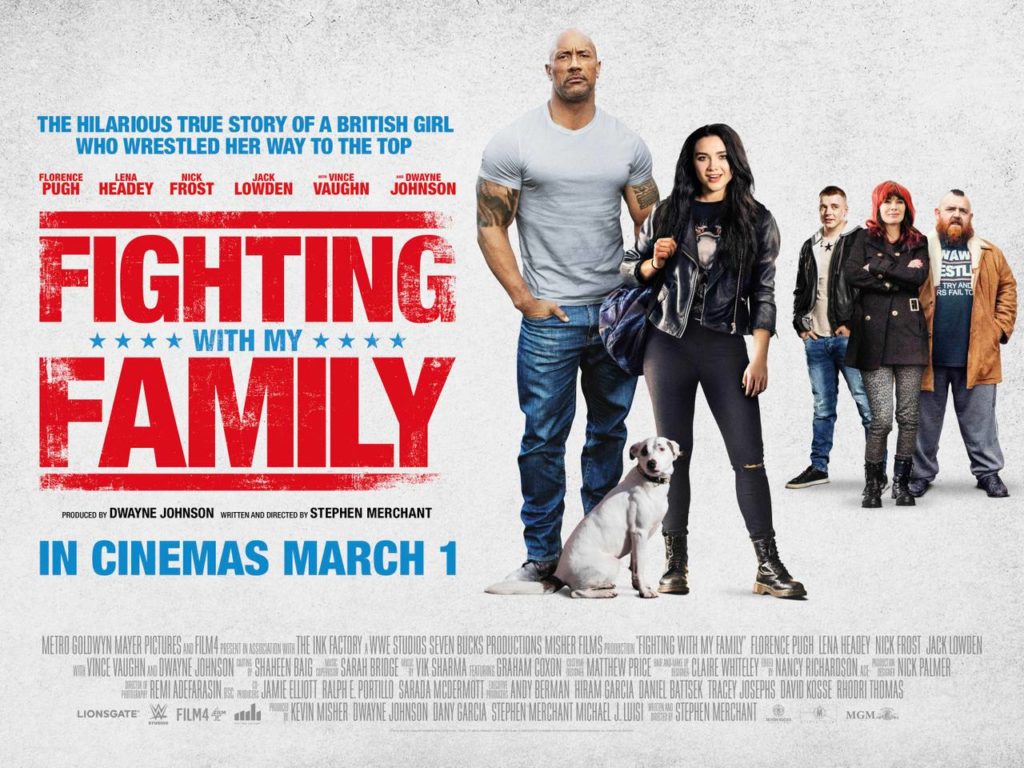
 (5 / 5)
(5 / 5)